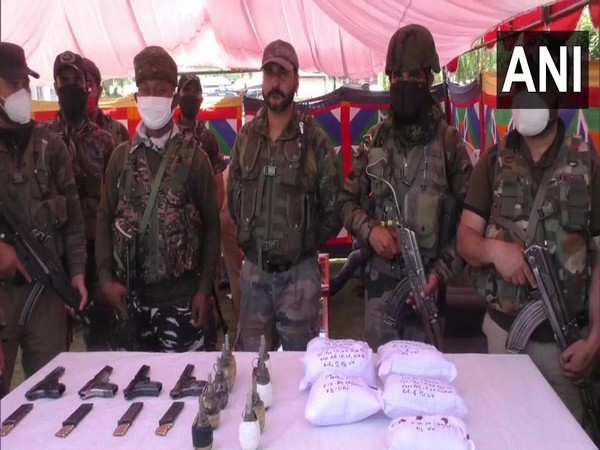
Rise of Narco-Terrorism in India : An Open Secret
Sat, 26 Jun 2021 | Reading Time: 7 minutes

Rise of Narco-Terrorism in India : An Open Secret
Dr G Shreekumar Menon
Today, June 26th 2021, as the world observes, yet another International Day Against Drug Abuse and Illicit Trafficking, India is seeing a new paradigm of linkages between drug traffickers and terror groups. Till recently, state sponsors provided funding for terrorists. In recent years, however, as state sponsorship of terrorism has come under increased global scrutiny, terrorist groups have identified drug trafficking as a lucrative cash source of revenue. Hence, drug-trafficking, illicit finances, money-laundering, and terror financing, are an integral part of counter-terrorism disciplines, taught in training institutions of all enforcement agencies in India, as also elsewhere in the world.
Drug money is the staple source of finance for many terror groups; hence the Government has set up several specialized enforcement agencies that have comprehensive specialization in anti-money laundering and counter-terrorist financing programs, in order to detect, prevent, disrupt, prosecute and seize the financial assets. The focus is not only on the inbound smuggling of contraband, but also the outbound flow of criminal proceeds.
In India, terrorism manifests as ethno-nationalist terrorism, religious terrorism, left-wing terrorism, narco-terrorism and cross-border terrorism. The areas affected and seriously impacted by terrorism are Kashmir, parts of North-east, and parts of Central India, where Maoists are hyperactive. Kashmir has been facing aggravated terror violence for a considerable span of time. In the immediate past, the country saw the dastardly Pulwama attack in 2019, cowardly attack on defenceless Amarnath pilgrims in 2017, Uri attack in 2016, and of course the multi- location, simultaneous strike on hapless citizens of Mumbai in 2008.
Since the sources of terrorism in India lie beyond the domestic frontiers, we need to look beyond India to understand the lethal game of narco-terrorism. Terror activities like those at Pulwama, Amarnath, Uri and Mumbai, involve setting up of terror camps, recruiting volunteers for enrolment to engage in terror strikes, boarding and lodging for recruits, intensive live-fire training, religious indoctrination, purchasing arms and ammunition, supplying drugs for habituating the recruits into constantly consuming drugs for energy and reckless bravery, and supply of uniforms. Terror training includes physical fitness, weapons training, armed assault techniques, proficiency in bomb making, assassinations, kidnappings, hijackings, bombings, and indiscriminate killings. This kind of dastardly acts requires great deal of mental preparedness, psychological fitness and capacity to withstand acute mental pressures. For this purpose, recruits are compulsorily initiated into consuming synthetic drugs frequently.
Most of the new synthetic drugs in the market are extraordinarily powerful, and these are manufactured by many terror groups for funding terror activities. ‘Captagon’ or the Jihadi drug is extensively used by terror groups in the war-torn areas of Middle East. Captagon is a brand name for the Amphetamine drug Fenethylline Hydrochloride. IS fighters used this drug extensively, which has a reputation of turning fighters into superhuman soldiers. Hence this drug is also known as the ‘Fighter Drug’. This drug was used by terrorists in the Bataclan theatre attack that killed 90 people in Paris in 2015.
The United Nations Office on Drugs & Crimes (UNODC) reports that trafficking in Captagon is an additional source of income for terrorist and insurgency groups. Captagon commands a huge market in the Middle East. Huge seizures of Captagon have taken place in Italy, France and Romania. In India, the Directorate of Revenue Intelligence (DRI) effected a seizure of Rupees 6.09 crores sealed tablets of Captagon, valued at Rupees fifty crores, from a godown near Dronagiri at JNPT, in May 2018. (Times of India, Mumbai edition, May 29th, 2018)
Dubai Customs in August 2019, seized 274,000 Captagon pills concealed in the fuel tank of a Dhow. The Dubai Coastal Customs Centers Management, had earlier seized 783,800 Captagon pills in 2018. There were eight major drug seizures in 2018 in Dubai. (The Maritime Executive, FL, USA, August 4th 2019)
Captagon reportedly gives unbelievable energy, and the capacity to remain alert and the ability to be without sleep for up to 48 hours. Many of the terrorists who go on missions take over 30 or so pills which makes them into demons, crazy and paranoid and totally unafraid of anything. Literally, they become crazed super-soldiers. Captagon also causes hypersexuality, and this drug was extensively used by the IS fighters to rape and brutalize the Yazidi girls.
Another fighter drug used by terror groups is Tramadol. The Ministry of Finance, Government of India, has brought this drug under the control of the Narcotic Drugs and Psychotropic Substances Act (NDPS), and a Gazette Notification was issued on April 26th 2018. Tramadol has a huge market in Africa, and India is a leading manufacturer of this drug. Vast quantities are smuggled out from India to African countries.
In July 2020, the Directorate of Revenue Intelligence (DRI), seized a huge consignment of 15,20,000, Tramadol tablets, valued at Rupees 1.22 crores, headed from Hazira Port to Conakry, the capital of Guinea in Africa. The Directors of the firm admitted to having earlier exported 44.80 lakhs of Tramadol, worth Rupees 3.58 crores. (Outlook 10th July 2020)
A report published in Oneindia, Thursday, May 11th, 2017, reports that the Italian Police seized a shipload of Tramadol, which they claimed to be sold to the Islamic State in Libya from India. 37 million tablets of Tramadol were packed in three containers near the port of Genoa, on board a freighter bound for Misrata and Tobruk in Libya.
The BBC reported the Italian Police as saying that the consignment had come from India for two purposes. One is to help finance Islamic State terrorism and secondary for use by Jihadist fighters as a stimulant. According to Italian investigators, the Tramadol drugs shipment were traced to be from an Indian pharmaceuticals company, which sold it for $250,000 to a Dubai based importer. The drugs were then shipped from India to Sri Lanka, where they vanished from the freighter’s documents.
Terror gangs import large quantities of drugs into the country as well. The DRI seized 191 Kilograms of Heroin worth over Rupees 1000 crores, from a container at Navi Mumbai’s Nava Sheva port, sourced from Afghanistan, in August 2020. (Mumbai Mirror, August 10th 2020)
Two recent Interpol coordinated operations, codenamed Lionfish, resulted in seizure of 1,000 bricks of Cocaine in South Africa. Police and Customs officials spread over 41 countries, arrested 287 individuals in this operation valued at EUR 100 million. (Interpol news and events, Lyon, France, 17th May 2021)
Similarly, Operation Greenlight/Trojan Shield, involving officials from Europol, the FBI, Sweden and Netherlands, seized 8 tons of Cocaine, 22 tons of Cannabis, two tons of Amphetamine and Methamphetamine, and 6 tons of synthetic precursor drugs. The operation involved 12,000 devices being tracked for three years, 27 million messages being decoded, 300 crime networks being monitored across 100 countries, and over 800 arrested across 16 countries, and 700 house searches. Also seized were 250 firearms, 55 luxury vehicles, over $48 million in cash and cryptocurrencies. (Reuters.com BETA. June 8th 2021)
14 Kilograms of Heroin, worth Rupees 98 crores was seized at IGI Airport, from a couple who came on Qatar Airways from Johannesburg via Doha by Customs officials. (hindustantimes.com April 17th 2021)
Covid 19 has also caused a supply glut, Thailand has seized 80 million methamphetamine pills, causing concern for Myanmar and India. A spike in illegal narcotics production in the Golden Triangle is creating an influx of drugs into South East Asia. Drug seizures by Assam Rifles in Manipur and Mizoram, has risen significantly.
2020 was a boom year for Myanmar`s drug trafficking syndicates, with the United Nations Office on Drugs on Crime (UNODC) reporting a sharp drop in the price of methamphetamines in East and Southeast Asia to its lowest level in 10 years…… The worry for India and Bangladesh emerges from a dynamic shift in the Burmese illicit drug industry. Smaller cartels like the Wei Brothers, Zhang Ming group and Lo Hsin Nian group have moved their production facilities to Western Myanmar on borders with India and Bangladesh……These smaller cartels enjoy the protection of the Burmese military and they often use some north-eastern rebel groups and Rohingya militants to transport narcotics into India and Bangladesh. (WION – IANS, April 30th 2021)
Narco-terrorism is a big money spinner around the world. For moulding the recruits into ruthless terrorists, a variety of terror organizations need to be set up, as also for organizing finances, transferring funds, secret communication centres, maintaining sleeper cells in various countries, centres for fabricating travel documents, fake identity cards, currency changing kiosks, and private transport facilities. All these require extensive funding, which can be ensured only by drug-trafficking. Many terror organizations maintain the best chartered accountants, lawyers, IT engineers and politicians, to sustain their organizations.
Modern day terror training concentrates on striking at high-risk areas like financial markets, big shopping malls, hotels and places of tourist interests, stadiums and arenas, public transport which includes road, rail, sea and air. But for all these activities, massive and continuous infusion of funds is a vital requirement. State sponsors used to fund terror organizations, but no longer. Many terror organizations have become self-financing ventures, which means that they have to rely on drug trafficking, arms trafficking and human trafficking to finance their agenda.
The concept of ‘narco-terrorism’ was first spelt out by the Peruvian President Fernando Belaunde Terry, in 1983, to describe terrorist type attacks on the country’s anti-narcotics Police. This term is now extensively used against all terror organizations, as most of them depend on narcotics trafficking to finance their clandestine destructive activities. The U.S. Drug Enforcement Administration has coined a new term ‘Narco-supported terrorism’ and defines it as ‘Terrorist / insurgent organizations that use drug trafficking proceeds to advance their political agenda.’ Two different concepts – ‘War on Drugs’ and ‘War on Terror’ have now merged under the umbrella term ‘Narco-terrorism’. The term is immensely popular in foreign and domestic policy, and is also an indicator that the common criminal activity of all terrorist organizations is dealing in narcotics. Many terror organizations operating in South American countries have become fabulously wealthy by engaging full-time in narcotics trade.
Narco-terrorism, is thus a dangerous fusion of narcotics and terrorism. Enforcement agencies have a tough time devising strategy to combat organized crime, counter narcotics trafficking, counter terrorism, and counter money laundering. Narco-terrorism in India, has both indigenous and exogenous sources. Hostile neighbours are constantly engaged in tacitly supporting infiltration by terrorists, and clandestine trade in narcotics to support nefarious designs. India’s weak and sympathetic democratic system, convoluted and time-consuming legal procedures, heavily compromised socio-political setting, are denting the fight against narco-terrorism.
On this Anti-Drugs Day 2021, let us resolve to develop and continuously refine our counterterrorism and narco-terrorism policies, appropriate to the fast changing geo-political environment around us.
***********
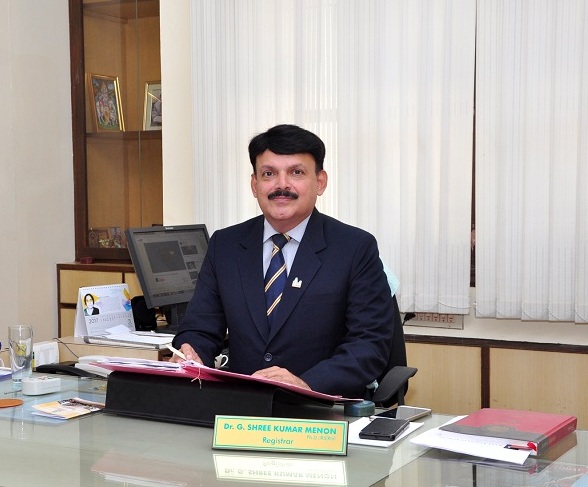
Dr G Shreekumar Menon, IRS, (Rtd) PhD (Narcotics) is Former Director General, National Academy of Customs Indirect Taxes and Narcotics, & Multi-Disciplinary School Of Economic Intelligence India, Fellow, James Martin Center For Non Proliferation Studies, USA. Fellow, Centre for International Trade & Security, University of Georgia, USA , Public Administration, Maxwell School of Public Administration, Syracuse University, U.S.A., AOTS Scholar, Japan.
Disclaimer
The opinions expressed in this article are the author’s own and do not reflect the views of Chanakya Forum. All information provided in this article including timeliness, completeness, accuracy, suitability or validity of information referenced therein, is the sole responsibility of the author. www.chanakyaforum.com does not assume any responsibility for the same.
Chanakya Forum is now on . Click here to join our channel (@ChanakyaForum) and stay updated with the latest headlines and articles.
Important
We work round the clock to bring you the finest articles and updates from around the world. There is a team that works tirelessly to ensure that you have a seamless reading experience. But all this costs money. Please support us so that we keep doing what we do best. Happy Reading
Support Us






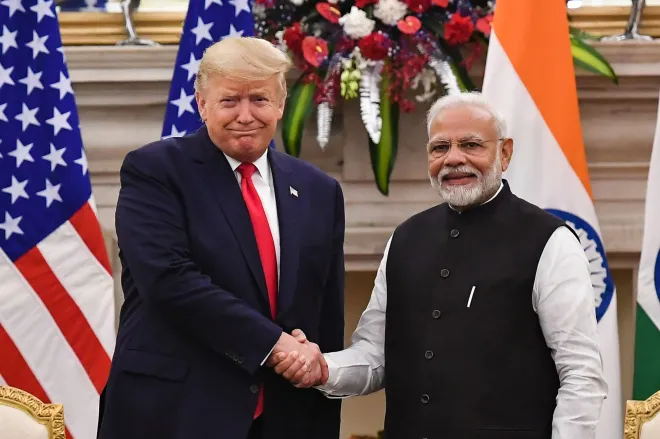
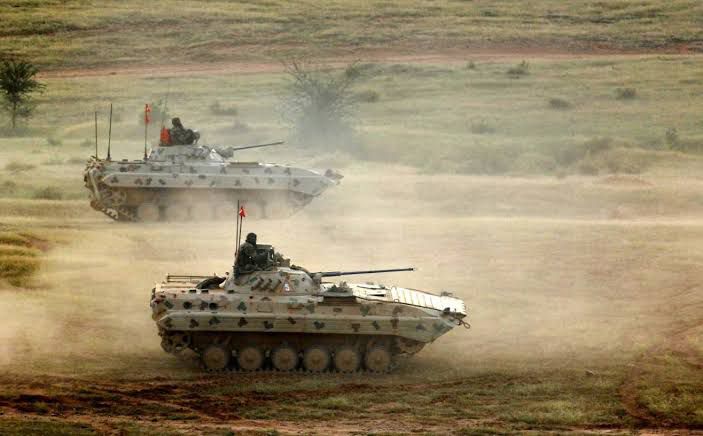
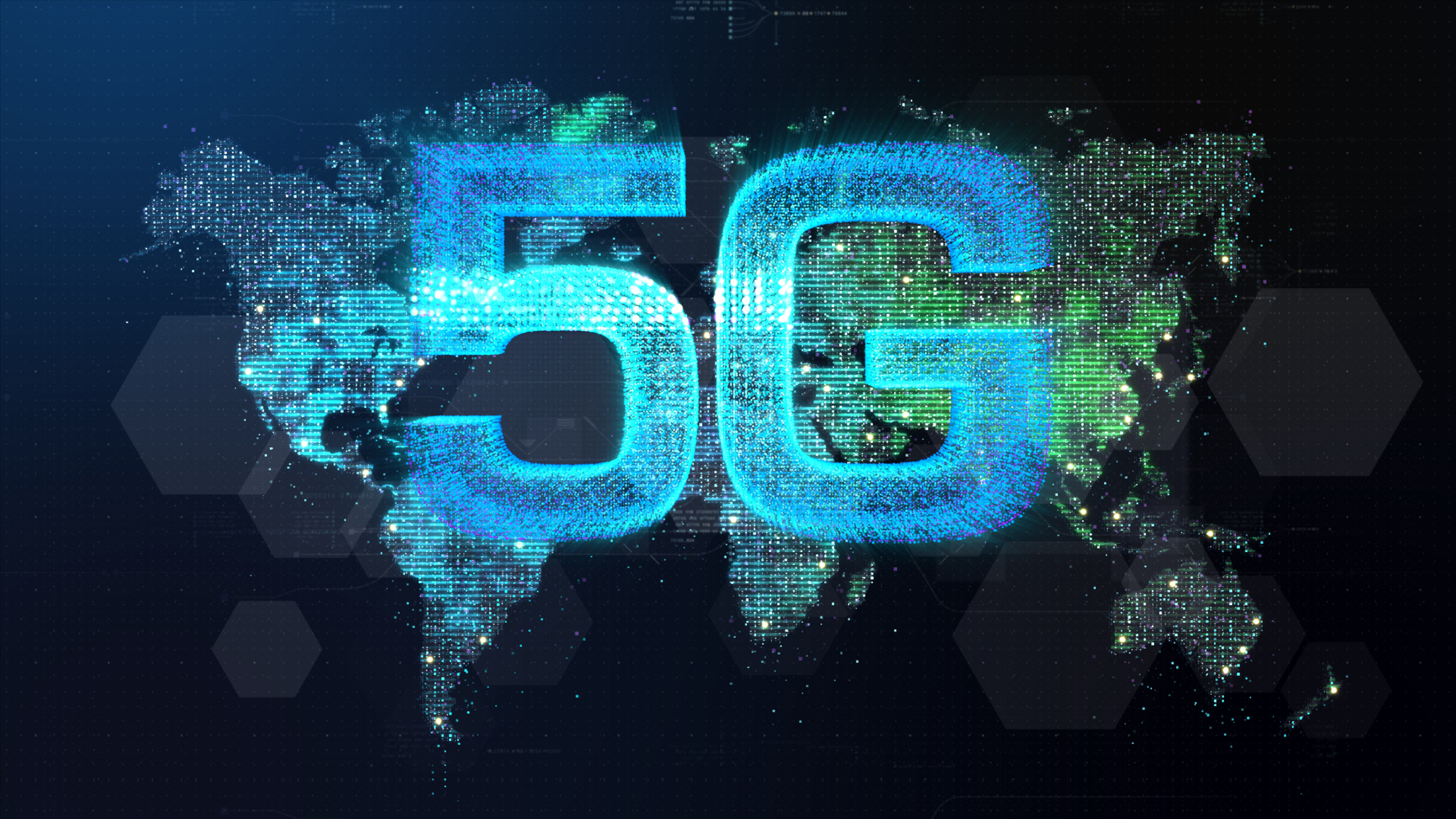
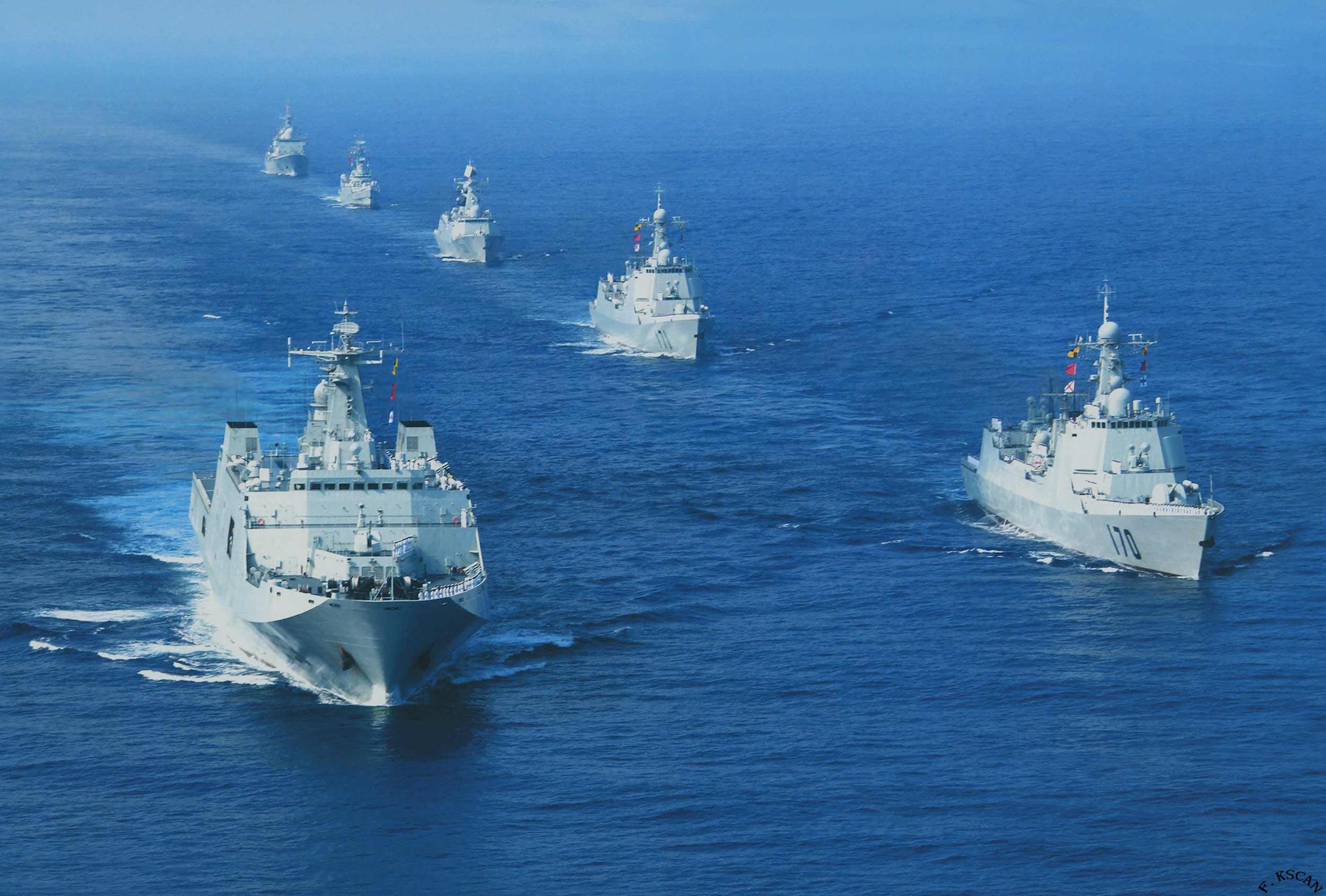
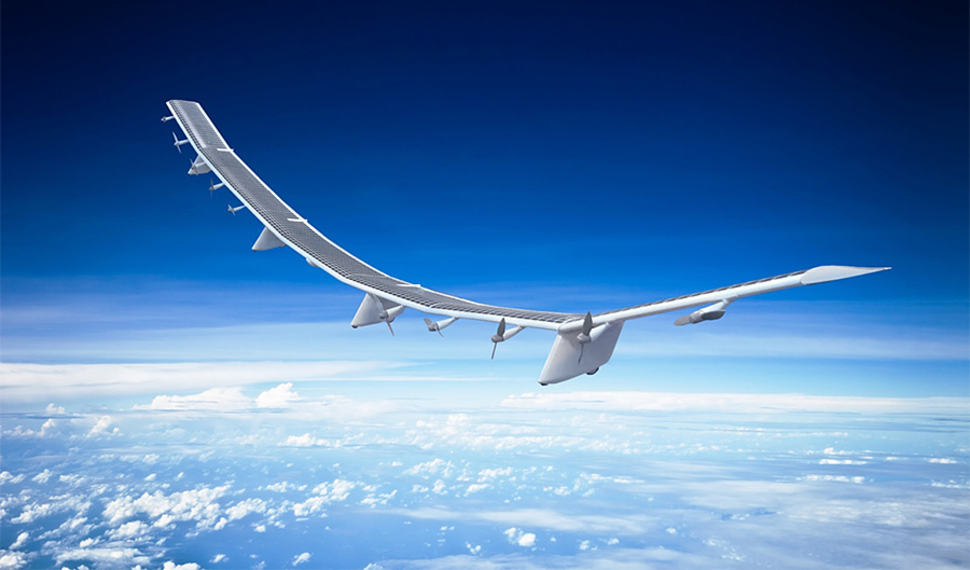
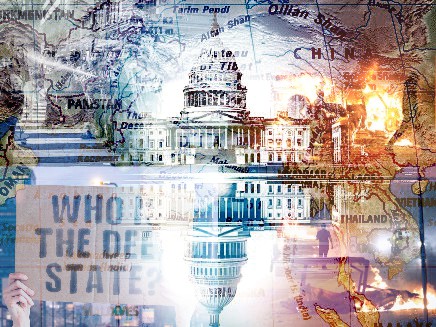
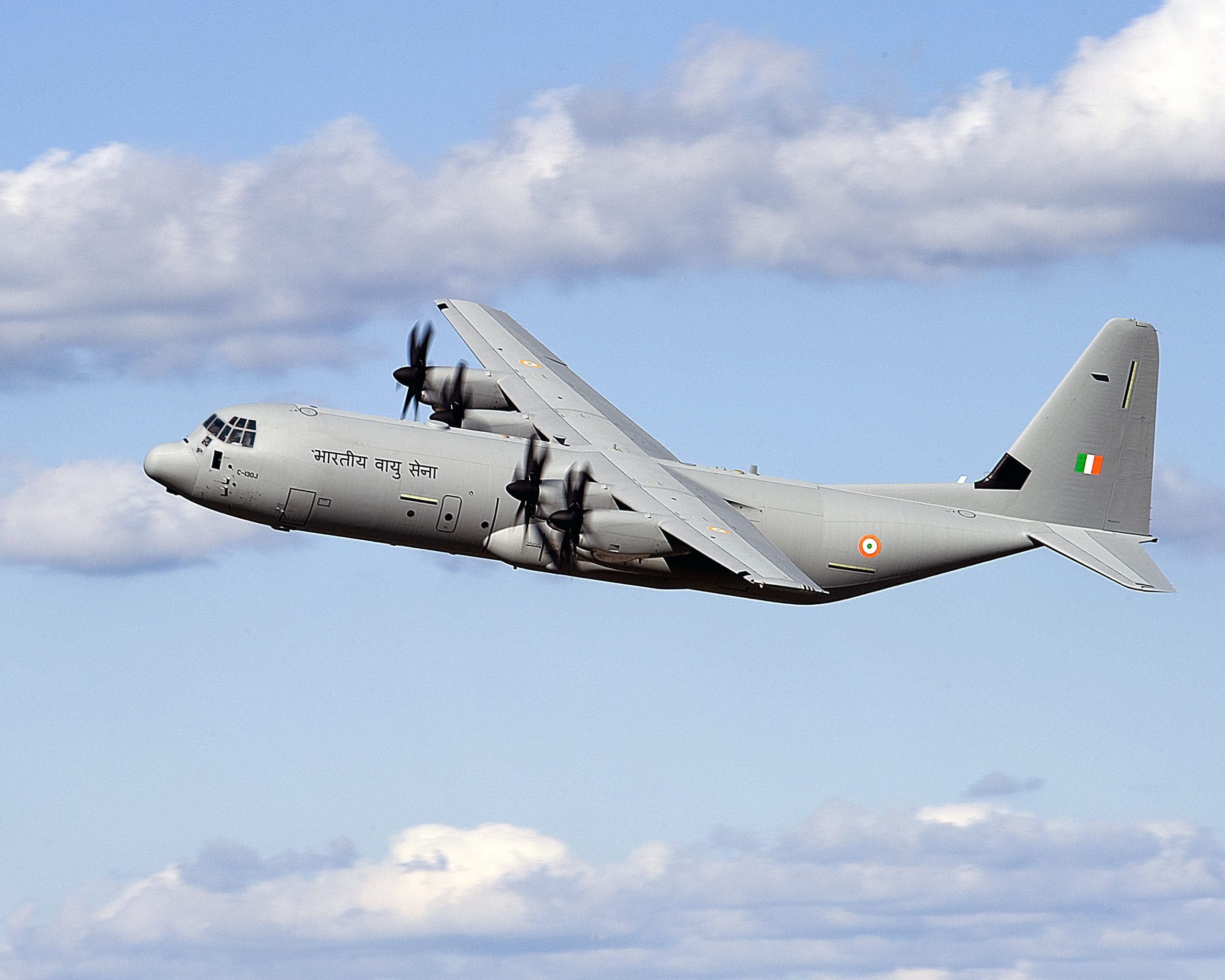







POST COMMENTS (7)
इन्डियन
Debasmita Mishra
ASHOK IYER
A T PANNEERSELVAM
Nitesh Bhardwaj
Niraj
Anand Nagargoje